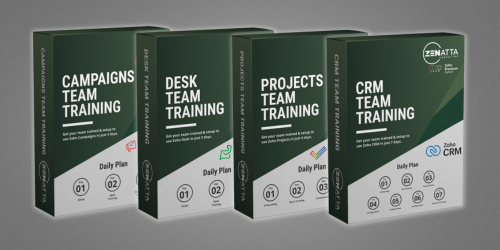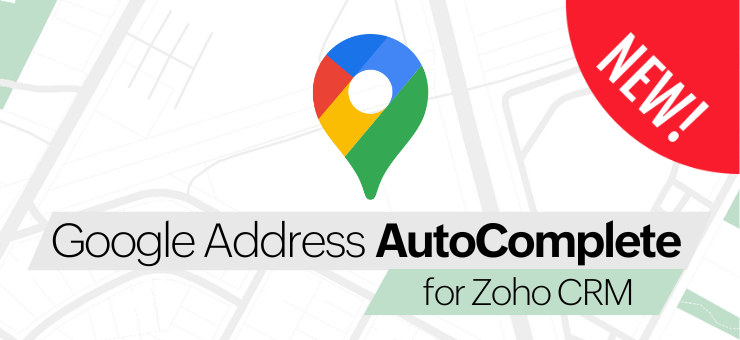Building a successful brand is ultimately the key to the success of most businesses. If your brand stands out against your competitors, your business can grow rapidly. On the other hand, failing to do branding right can make even the best business concepts fail entirely.

Although the requirements that define a “good” brand vary widely based on your industry, target market, financial resources, and other factors, the reality is that no business is immune from needing to build a brand. Even early-stage startups and solo freelancers need a clear and effective brand to grow.
Thankfully, not all brands need the billion-dollar marketing budgets of major companies. Today, you can build a brand that can form the basis of a successful business. By spending only a few days putting together basic media to convey your message. Of course, some businesses will benefit from investing extensive resources into their brand. But the bottom line is that every entrepreneur can create the brand they need by taking the right initial steps. Read on to learn five of the most important factors to consider when establishing or improving any brand.
1. Your Business Goals
A business is ultimately a group of people who come together to achieve a shared goal. As a result, it is crucial for entrepreneurs to start by looking inwardly to understand the goals they want their business to achieve. When your brand is aligned with your business goals, it is easy to get excited about what your business does. Consequently, your brand can clearly convey your enthusiasm that customers will want a part of. At the same time, the objectives your brand seeks to achieve will be aligned with your personal goals. In a way, this will maximize the value you obtain from building and growing your business.
One of the most important business goals to consider is the size of the business you are looking to build. For instance, companies can have a tough time expanding nationally when their branding is more appropriate for a local business. Likewise, small-town businesses branded like multinational conglomerates could have a hard time getting locals excited about their message. Designing your branding to match your business’s size helps convey your mission, attract the right kind of stakeholders, and avoid costly rebranding later down the road.
It is also important to consider the nature of the business you aim to create. Although differentiation is crucial, you should try to apply branding norms in your industry. Tech businesses, for instance, may want to choose a one-word brand name. This might suggest the introduction of automation or digital transformation. Having a brand aligned with where your business aims to go will naturally help you make your vision manifest into reality.
2. Your Revenue and Resources
When you are actually ready to create your brand, the resources you have will need to play a major role in your decision-making. Obviously, you cannot hire the ultimate brand development team if you are operating on a shoestring budget. Nevertheless, some entrepreneurs with strong contacts may be able to get many branding resources they need from skilled friends, family members, and other associates.
The resources you have ultimately determine what you can do with your brand. If you are aiming to spend little-to-no money on building a brand, you may have to get started with a $10 Fiverr logo and a stack of flimsy business cards. Nevertheless, a small budget does not mean you cannot build an outstanding brand. In fact, the emotional connections that a brand ultimately aims to create are often best established by exceeding customer expectations and providing high-quality customer service.

Of course, if you have substantial funding or an established business, you can go as far as your company’s pocketbook can afford to build the brand assets of a world-class business. Nevertheless, deep pockets do not necessarily create a great brand. Ultimately, larger businesses need to invest money into product improvements, effective customer interactions at every touchpoint, and a wide range of other factors that go beyond the media assets most businesses focus on when seeking to build a brand.
3. Your Target Market
Every brand should ultimately be built around a specific target market. The first requirement for adapting your branding to your target market is to conduct substantial research on the needs of the segment of buyers you aim to serve. You must understand what motivates customers to buy, and what factors make them take their business elsewhere. It is also imperative to evaluate the current marketplace from your customers’ perspective to understand what competing brands you need to stand out against and what pain points your offerings will be uniquely capable of resolving.
Secondly, you will need to use your research to commit to serving a specific segment of customers in the market. You can then build your branding in a way that conveys why your offerings represent a superior solution for your target market. By designing your brand to match the needs of your customers and stand out against your competitors, you can earn a substantial advantage that will give you an edge when marketing your business and seeking to nurture customer loyalty. Additionally, the right branding can even help your business to attract talented new hires and valuable investors.
4. Your Marketing Strategy
Many of the most successful businesses are able to grow quickly by using a clever marketing strategy that few other market participants are using. One of the best examples of a unique marketing strategy is how Dogecoin grew by using memes. Obviously, the Dogecoin brand never would have taken off as a meme if it had the serious branding of Ethereum. Dog pictures are one of the most shareable content categories on social media, so the Dogecoin meme became popular quickly.
Today, every serious business is putting money into online ads, social media, and other digital marketing strategies. If you want to build a brand that truly stands out, you need to use a marketing strategy unlike your competitors.

Social media has made it easy to show the world the people, culture, processes, and other factors that make a business stand out. Create content that shows the world why your business is better than other competitors. Promote your content in the places where your customers go to find information. But do so in a way that truly builds excitement. Avoid the narrow-minded thinking that leads to considering only traffic volume and conversion rates. By seeking to build a brand through your marketing strategy, you will get people excited about your business. This creates the sustained level of interest needed to create a valuable business.
5. Your Relationships
Although branding and image are important prerequisites for doing business, the relationships you build ultimately determine how customers perceive your brand. Even if you have a brick-and-mortar business that sells items in a transactional manner, the brief interactions your staff have with customers can make or break your brand.
Everyone wants to believe they buy only for rational reasons, but the reality is that people are social beings. Your brand will fail if customers dislike the quality of your customer support, feel they cannot trust your sales team, or simply conclude that your staff are rude. As a result, your business should focus primarily on strengthening relationships with your customers when building a brand. In this way, you can control the brand narrative in a way that leaves customers with a positive impression that results in customer loyalty, word-of-mouth effects, great online reviews, and a legendary reputation in your industry.










